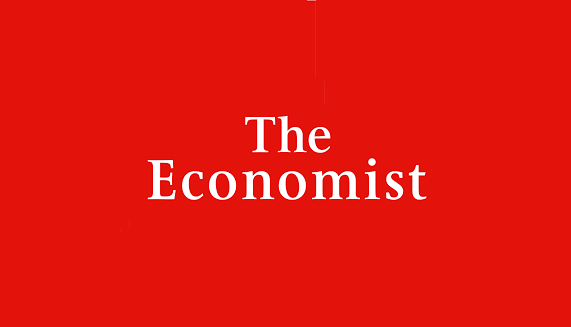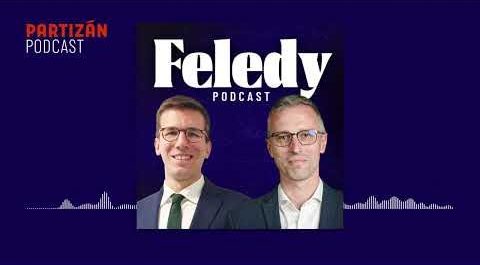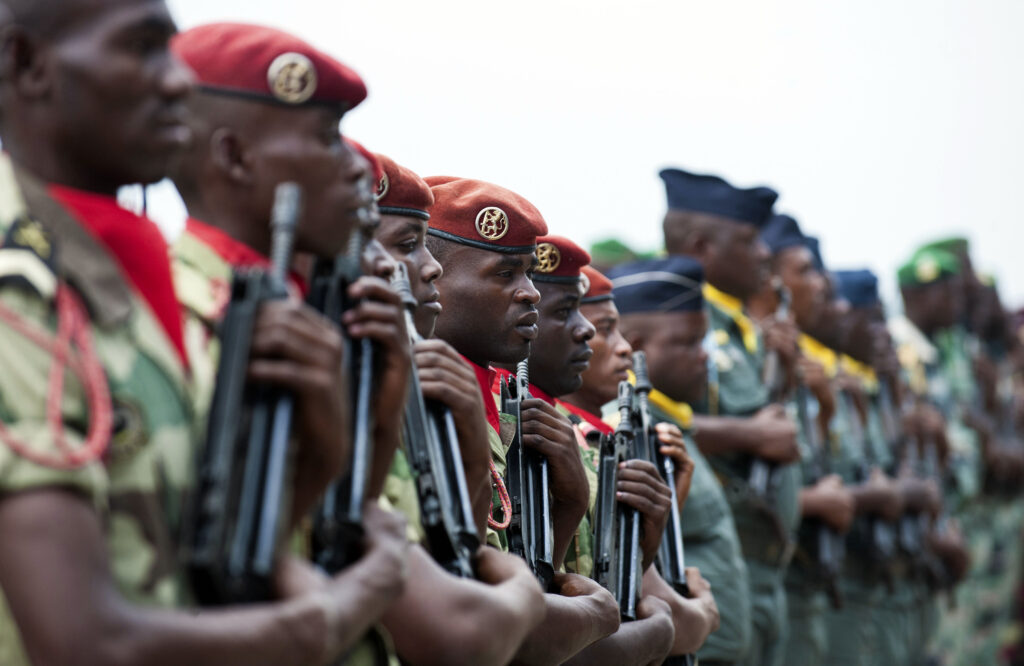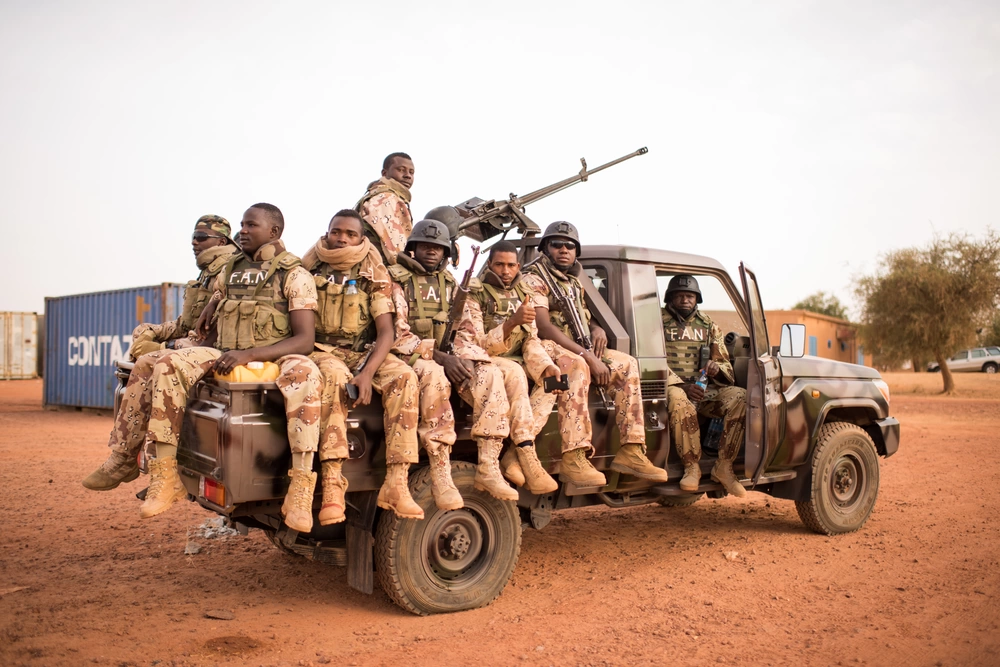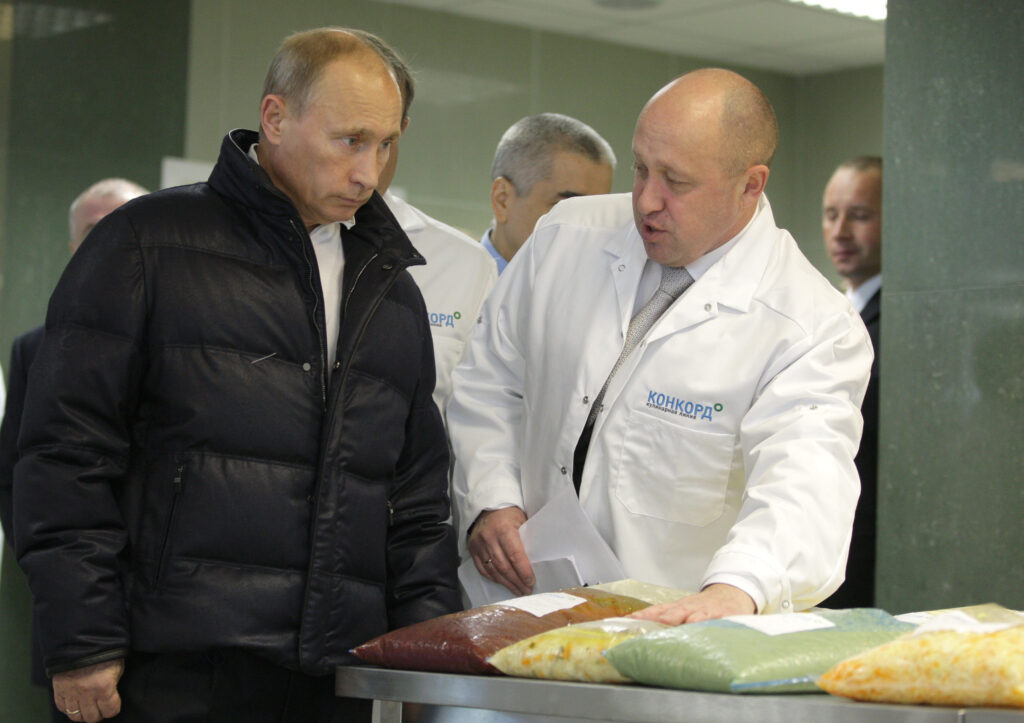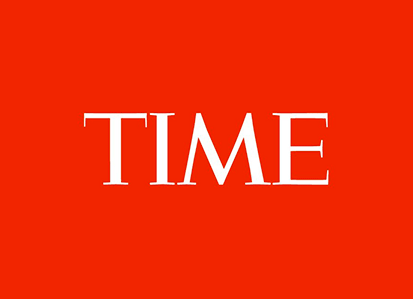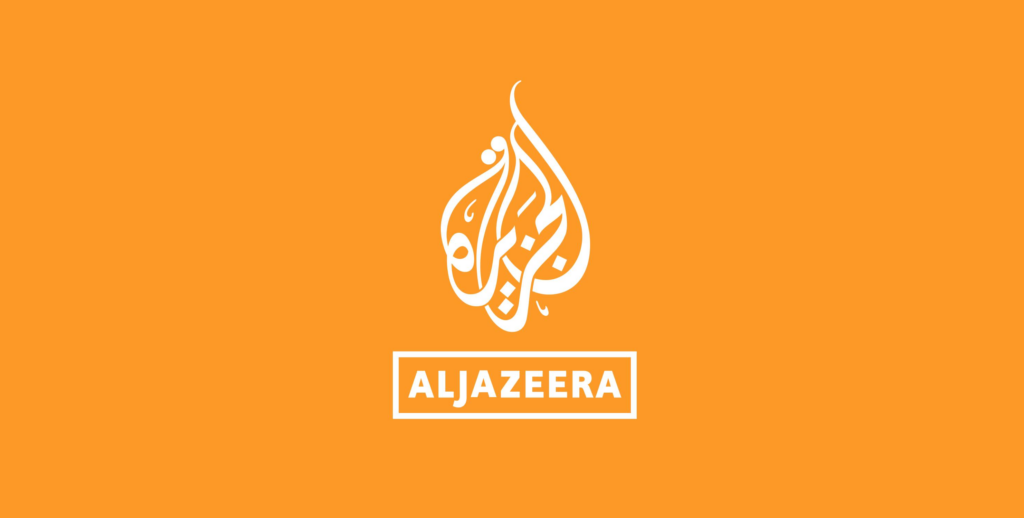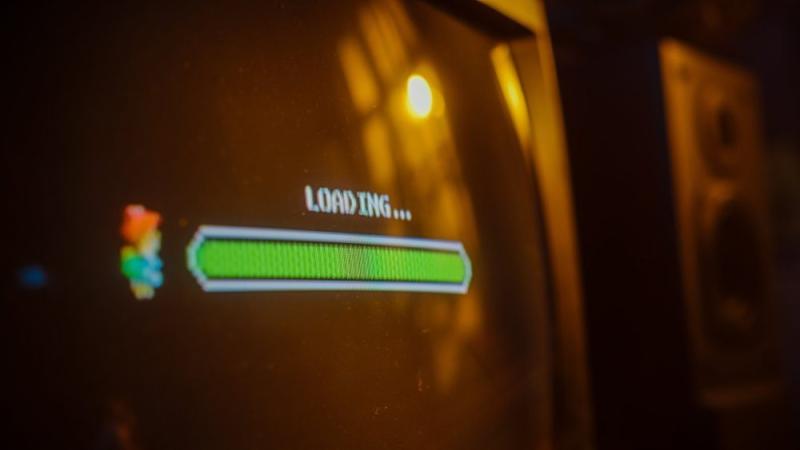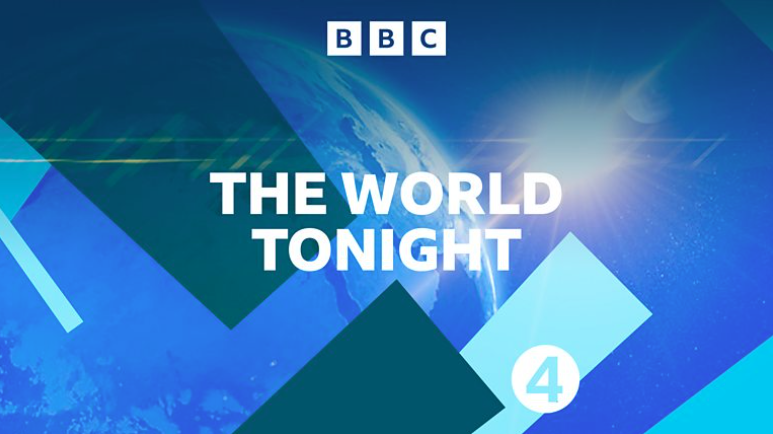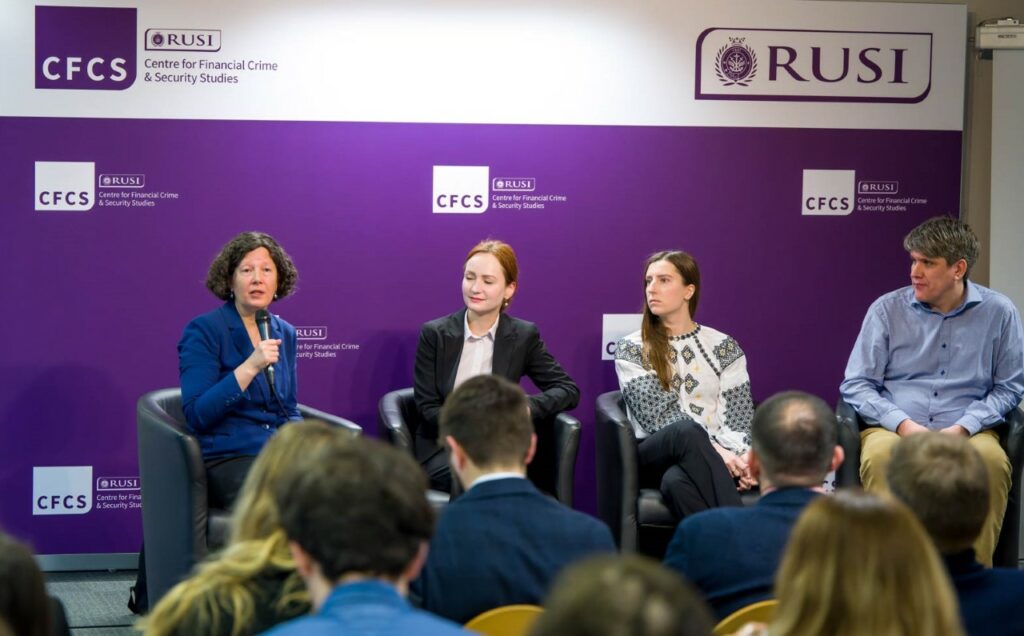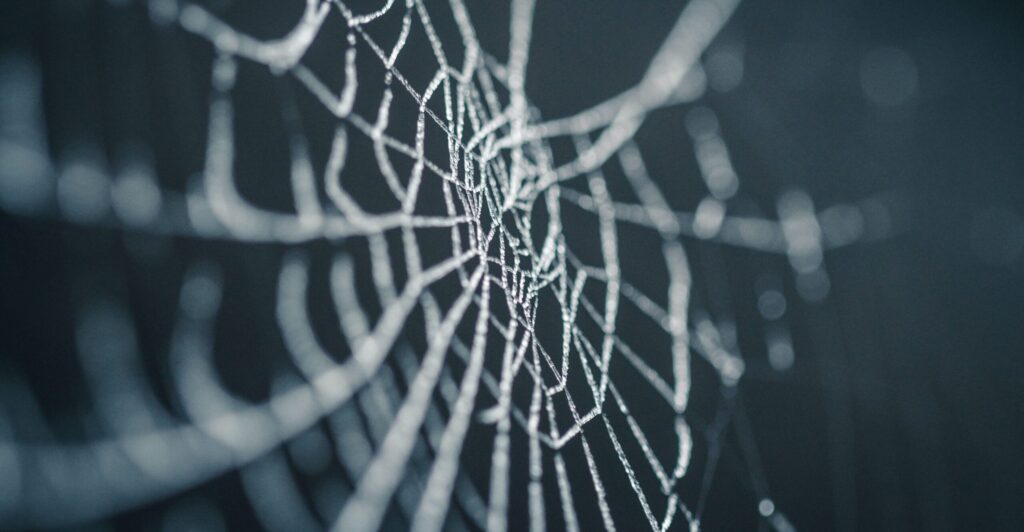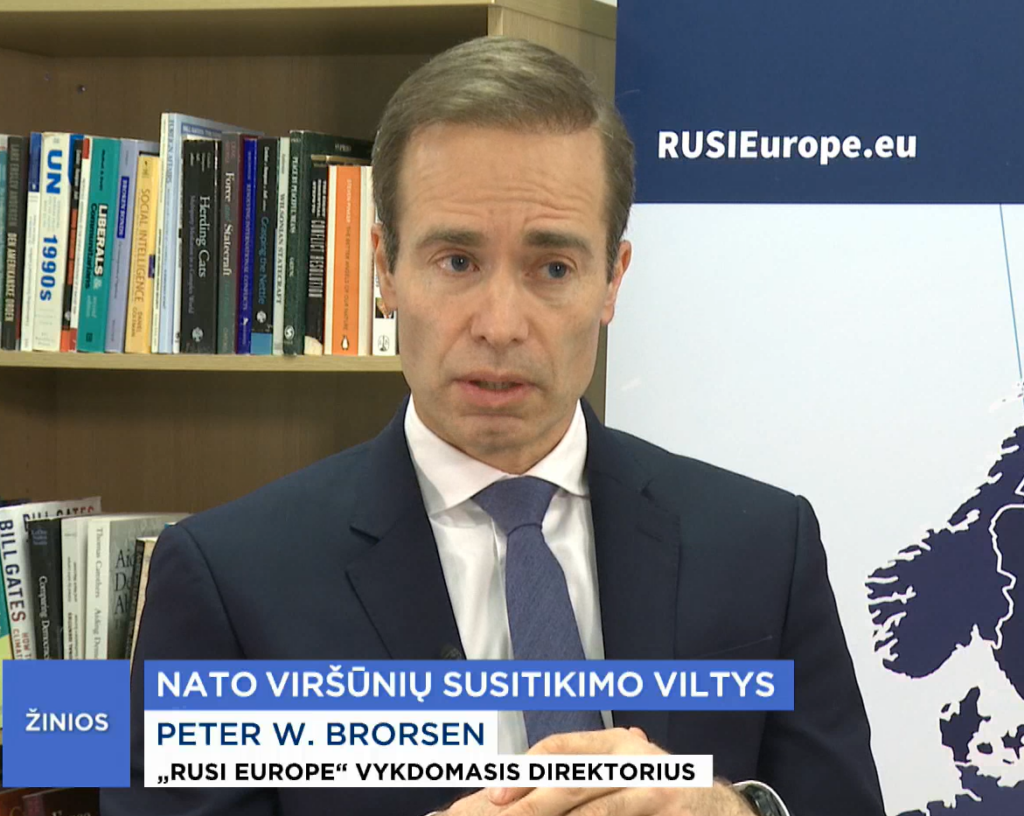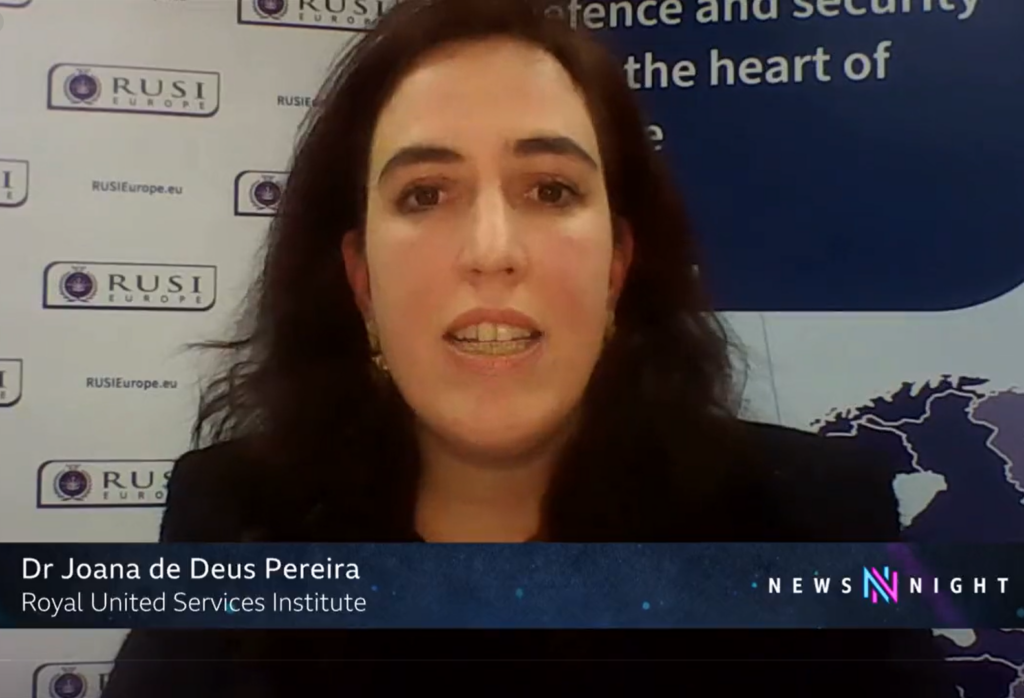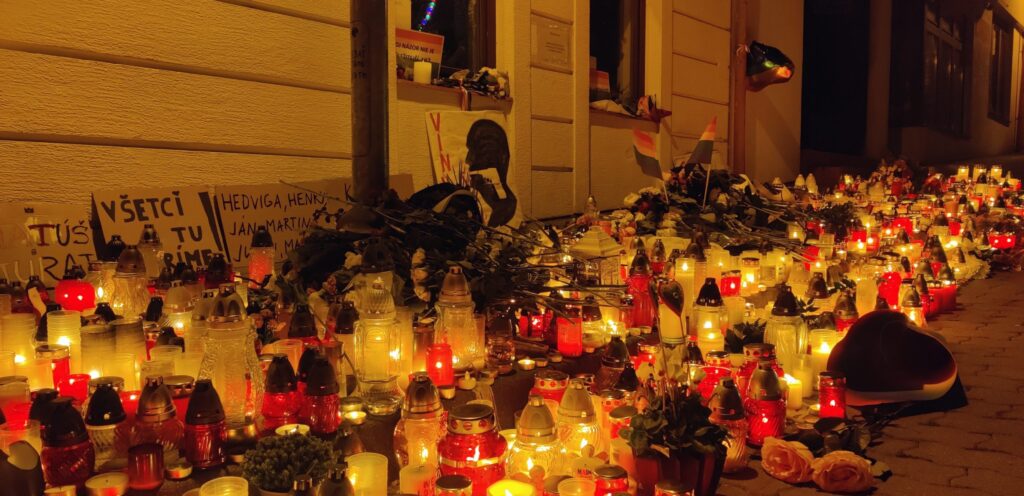In the news
How IS-K group linked to Taylor Swift terror plot is increasing in strength and influence – Dr Antonio Giustozzi in Sky News
“What IS-K is after is the media exposure. Why? Because another thing that’s changed in recent years is that IS lost its big donors,” Dr Antonio Giustozzi, RUSI Europe Senior Research Fellow – Terrorism and Conflict told Sky News. Article published on 3 September 2024.
The knife attack in Solingen may be a sign that Isis is aiming for a wider attack in Europe – Dr Antonio Giustozzi in Yle
“If it turns out that the knife attack in Solingen was organised in advance and there is support and some kind of cell in the background, it means that Isis is struggling to carry out more attacks like the Crocus concert hall,” Dr Antonio Giustozzi, RUSI Europe Senior Research Fellow – Terrorism and Conflict told Finnish public broadcaster Yle. Article published on 29 August 2024.
Russian disinformation network allegedly paid European politicians to influence European elections – Dr Joana de Deus Pereira in Público
“These disinformation campaigns follow a meticulously crafted strategy that aims to maximise the impact and penetration of their messages,” Joana de Deus Pereira Ph.D, RUSI Europe Senior Research Fellow told Público about the Russian disinformation network identified by Polish and Czech intelligence services. Article published on 26 April 2024.
Criminal networks are well ahead in the fight over Europe’s ports – The Global Illicit Flows Programme and Cathy Haenlein, Director of Organised Crime and Policing at RUSI, in The Economist
The article highlights the work of the Global Illicit Flows Programme, including SEACOP VI – Seaport Cooperation Programme, for which RUSI Europe runs the monitoring, evaluation and support mechanism MASIF. The Economist article also features insight from Cathy Haenlein, Director of Organised Crime and Policing at RUSI, on trends in cocaine seizures in Europe. Article published on 8 April 2024.
Russian services are working hard to circumvent sanctions – Balázs Gyimesi on the Feledy Podcast
“The EU is working to balance the ‘carrot’ and the ‘stick’ in its sanctions diplomacy. (…) The positive framing has an important role, but there is also a way to remind these countries that allowing circumvention through their markets has consequences,” Balázs Gyimesi, RUSI Europe Communications Manager highlighted on the Feledy Podcast (in Hungarian). Episode aired on 12 March 2024.
Wagner’s future – Dr Joana de Deus Pereira on Nippon Television
The Kremlin did not expect Prigozhin to become a popular public personality. However, Wagner is more than one person, and it will not end with Prigozhin’s death, Joana de Deus Pereira noted on Nippon Television’s ShinsoNEWS show. Putin will probably let Wagner operate in a more discreet manner in the future, Joana highlighted. Interview aired on 1 September 2023.
Wagner after Prigozhin: What the mercenary boss’s death means for Russia’s war in Ukraine – Dr Joana de Deus Pereira in USA Today
As USA TODAY notes, “Joana de Deus Pereira Ph.D did not expect Prigozhin to survive Putin’s wrath. Joana also believes Wagner’s impact on the war in Ukraine has been overstated from the outset, partly because of the images that for months poured out from its involvement in the bloody battle for Bakhmut.” Article published on 1 September 2023.
Gabon’s Coup and Africa’s Butterfly Effect: A Wake-Up Call for Europe – Dr Joana de Deus Pereira on RUSI Europe
“In the vast expanse of Africa, the whisperings of a butterfly’s wings can summon a storm. Gabon, a small country on the equator, is the latest to feel this storm’s rage as a coup d’état threatens to unsettle its political landscape. The recent ousting of its government is not an isolated event but a powerful echo of Françafrique’s intricate history and its lingering influence. How is the French legacy viewed today, and what role does it play in the recent wave of coups?” Joana de Deus Pereira Ph.D writes in her RUSI Europe commentary. Article published on 1 September 2023.
What’s next for Russian operations in Africa? – Dr Joana de Deus Pereira in GZERO Media
Pointing to the coup in the central African state of Gabon, Joana de Deus Pereira, Senior Research Fellow at RUSI Europe, told GZERO Media that anti-Western disinformation campaigns (…) pervade many countries, particularly in West Africa, and “prompted the end of the Barkhane operation [an anti-insurgency mission in West Africa led by France] and also led to the current withdrawal of UN troops in Mali, which is one of the biggest retreats of international personnel.” Article published on 30 August 2023.
What now for Wagner after Prigozhin’s death? – Dr Joana de Deus Pereira on BBC News
What now for Wagner after Prigozhin’s reported death? “The organisation will persist in the future probably with another name, but it has already proved it has the capacity to adapt and to morph. We have to look at Wagner not only as a single man but as an ecosystem, as a hydra with many many heads and many diverse interests in Africa,” Joana de Deus Pereira Ph.D, RUSI Europe Senior Research Fellow told the BBC’s World Tonight programme. Article published on 26 August 2023.
Niger’s Coup: Unleashing Uranium, Françafrique’s Ghosts, And Russia’s Shadow – Dr Joana de Deus Pereira on RUSI Europe
“Russia’s growing influence in Africa, like the mythical Hydra, seems to thrive amidst chaos and uncertainty. However, each new head of this Hydra that emerges offers an opportunity for vigilance and comprehension of Russia’s complex and ever-evolving strategy in Africa”, Joana de Deus Pereira Ph.D. writes in her commentary. Article published on 8 August 2023.
The Hydra’s gambit – Dr Joana de Deus Pereira in IPS Journal
“Amidst the chaos of the coup [in Niger], the conspicuous presence of Russian flags waved by the putschists’ supporters was not overlooked. While no solid evidence connects Wagner or Russia directly to the coup, one cannot ignore the opportunistic undertones. This upheaval seemingly aligns with their strategic interests, fostering instability that allows an entity like Wagner to flourish, much like a Hydra thriving in tumultuous seas,” Joana de Deus Pereira Ph.D writes in her latest piece for IPS Journal. Article published on 8 August 2023.
Niger could be Prigozhin’s next target: “The Wagner group’s relationship with the country is not new” – Dr Joana de Deus Pereira in Público
“We must remember that the Wagner group’s modus operandi involves discreet operations, often supported by sophisticated means of disinformation. Therefore, the absence of evidence is not equivalent to proof of absence,” Joana de Deus Pereira Ph.D. told Público’s Ivo Neto, recalling the Russian flags waved by supporters of the coup in Niamey, Niger. Article published on 5 August 2023.
Russian flags waved as putsch topples Niger leader – Joana de Deus Pereira in EU Observer
On the ongoing putsch in Niger, Joana de Deus Pereira Ph.D, RUSI Europe Senior Research Fellow noted that the events show signs of “Wagner modus operandi all over”. Article published on 27 July 2023.
Wagner attempting to recruit new soldiers online despite Russia’s crackdown – Joana de Deus Pereira in The i Paper
“While the developments of the past week have certainly created turbulence within Wagner, they have not extinguished its operational capacity entirely, and I believe this situation appears highly fluid, with different areas showing varying degrees of disruption to Wagner’s recruitment activities,” RUSI Europe Senior Research Fellow Joana de Deus Pereira Ph.D told The i Paper. Article published on 6 July 2023.
Russia sanctions should remain a priority for Spain’s EU presidency – Gonzalo Saiz on EurActiv
“Building on the increasing sanctions efforts of the European Commission, the Spanish EU presidency should engage more on this front. With the eleventh package having been adopted recently, the presidency is responsible for keeping the pressure on Russia. It’s Spain’s turn to lead on rallying countries in the EU and beyond to continue supporting Ukraine,” Gonzalo Saiz, Research Analyst at the Centre for Financial Crime and Security Studies (CFCS) at RUSI writes in his latest op-ed for EURACTIV. Article published on 5 July 2023.
Here’s what could happen to the Wagner Group after the armed rebellion against Russia failed – Dr Joana de Deus Pereira in Business Insider
“If Prigozhin decides to step back from the group, it will continue without him, (…) there are at least 25 paramilitary organizations other than Wagner currently operating in Russia, some of which have links to Russia’s Ministry of Defence,” RUSI Europe’s Joana de Deus Pereira Ph.D told Business Insider’s Sophia Ankel. “Wagner has had many faces. Before Prigozhin, there were others,” Joana de Deus Pereira noted. “It’s very easy to take the place or to put a new face in front of this organisation.” Article published on 2 July 2023.
Who are the Wagner Group mercenaries? – Dr Joana de Deus Pereira on SIC Notícias
How can we interpret the latest statements made by the Wagner Group, who are these mercenaries, what are their aims and what are the effects on the war of the 48 hours that shook Russia? RUSI Europe’s Joana de Deus Pereira analysed these questions on SIC Notícias’s Midnight Express show, hosted by Ângela Silva and Ricardo Costa. Joana was joined by Livia Franco, Francisco Miguel G. P. Proença Garcia and Bruno Cardoso Reis. Interview conducted on 30 June 2023 (in Portuguese).
EU hopes to fill void in Africa after Wagner Group’s failed uprising – Dr Joana de Deus Pereira in The Times
“There is a whole strategy connected to companies that are affiliated to Prigozhin and the Russian state that are operating in Africa and not only those that relate to security operations. There is a whole machinery that connects African influencers paid by Prigozhin to promote Russia in Africa. This is a living ecosystem that will continue to grow, but probably with another name,” RUSI Europe Senior Research Fellow Joana de Deus Pereira Ph.D told The Times. Article published on 29 June 2023.
Prigozhin’s Rebellion: An Emotional 48-Hour Carousel for Russia – Dr Joana de Deus Pereira on RUSI Europe
‘To belong or not to belong, that is the question.’ In the realm of President Vladimir Putin’s recent speeches, this existential quandary takes centre stage. The contrasting messages of offense and forgiveness, intertwined with the complexity of belonging, offer a thought-provoking journey. As we have listened to and watched these speeches, it has become increasingly evident that in Russia, nothing is what it seems, and what it seems is often not what it is,” Joana de Deus Pereira writes for RUSI Europe. Commentary published on 28 June 2023.
The Telegram Mutiny – Dr Joana de Deus Pereira in TIME
Prigozhin was “building a political persona in a kind of competition with Putin, to prove who was the ‘most patriotic, the best Russian, the flagship of Russian values’. [He sought] to be portrayed as a symbol of true patriotism and of the common soldier of Russia, the one that suffers on the field, the one that has blood on his hands,” RUSI Europe’s Senior Research Fellow Joana de Deus Pereira told TIME’s Vera Bergengruen. “Wagner’s relative successes tipped the balance of power in Prigozhin’s favor [and] gave him room to openly criticize the Kremlin’s strategy in the conflict,” Joana de Deus Pereira noted. “It was something unimaginable just months ago.” Article published on 27 June 2023.
‘All bets are off’: An uncertain future after Wagner mutiny – Dr Joana de Deus Pereira on Al Jazeera
“It is crucial to exercise caution and critically analyse the information” coming out of Russia from the past 24 hours. “Nothing is what it seems, and what it seems is not frequently what it is,” RUSI Europe’s Joana de Deus Pereira told Al Jazeera English. Article published on 25 June 2023.
Saturday PM – Dr Joana de Deus Pereira on BBC Radio 4
RUSI Europe’s Joana de Deus Pereira talked to BBC Radio 4 about Prigozhin’s background, his motivations, connections, and possible developments. Programme aired on 24 June 2023.
Putin is Underestimating Prigozhin’s Rise in Popularity – Dr Joana de Deus Pereira in Newsweek
“Wagner Group’s Yevgeny Prigozhin is carving out a role for himself as a champion of the common soldier, voicing criticisms against the military elite, and positioning himself as a ‘healer’ of Russia’s past traumas, especially the ones related to the fall of the USSR—especially the ones related to loss of territory and humiliation,” Joana de Deus Pereira, RUSI Europe Senior Research Fellow, told Newsweek’s Isabel van Brugen. Article published on 23 June 2023.
Accelerationism Meets Gamification: A Look at the Convergence in the Framing of Online Narratives – Petra Regeni on the Global Network on Extremism & Technology
“The convergence of gamification and accelerationism has further exposed future risks of violent extremism. It is contributing to the desensitisation of real-life violence and dehumanising victims rendering them into mere numbers/scores. Not only does such framing serve to normalise extremist rhetoric but it ultimately ends up glorifying terrorists, and even motivating further attacks as assailants could gain notoriety and sainthood status themselves,” Petra Regeni notes. Article published on 31 May 2023.
From hot dog seller to mercenary leader: The rise of Wagner’s Yevgeny Prigozhin – Dr Joana de Deus Pereira on Sky News
“Originally, the Wagner Group was offering services [such as intelligence gathering, training, and support for logistics] that were more related to the ones that private security companies provide”, Joana de Deus Pereira Ph.D told Sky News’s Niall Paterson. The Wagner Group became more visible when “Prigozhin had this big window of opportunity during the annexation of Crimea. (…) There was always this blurriness between what they did, and what the Russian military did”, Joana de Deus Pereira added. However, “we cannot say that the Russian military are using the mercenaries, this would be an acknowledgement that they recognise them as partners on the ground”, Joana de Deus Pereira noted. Interview aired on 15 May 2023.
Russia poised to exploit Sudan coup as EU looks on – Dr Joana de Deus Pereira in EU Observer
“[According to experts], the violent chaos in Sudan might well end with Russia building a strategic naval base there, as warlords court foreign sponsors,” the EU Observer writes. “They [Russia] already have a base in Syria very close by and I don’t doubt they’ll build this one very soon,” Dr Joana de Deus Pereira told EUobserver. Article published on 19 April 2023.
Russia’s interests in Sudan – Dr Joana de Deus Pereira on BBC The World Tonight
“Russia’s interest in Sudan is to have a stable situation as quickly as possible, because the current conflict disrupts the gold mining and other important sources of financing for Russia,” Dr Joana de Deus Pereira told BBC’s “The World Tonight”. These sources of financing are funding Russia’s illegal invasion of Ukraine. “We also shouldn’t forget that Russia is a major supplier of arms to Africa, including to Sudan,” Joana added. Interview aired on 18 April 2023.
The role of Russia’s Wagner group in Sudan – Dr Joana de Deus Pereira on BBC Newsnight
“Wagner has been in Sudan since 2017, brought to the country by Omar al-Bashir, with the clear objective of buidling a military base in Port Sudan at the Red Sea and at the same time operating in exchange for mining concessions in the gold mine areas,” Dr Joana de Deus Pereira told BBC Newsnight. Supposedly, these efforts were ‘paying’ for Russia’s illegal invasion of Ukraine, Joana added. Interview aired on 17 April 2023.
The West Is Preparing for Russia’s Disintegration – Dr Joana de Deus Pereira in Foreign Policy
Russia’s disintegration is “highly improbable,” Dr Joana de Deus Pereira, RUSI Europe Senior Research Fellow told Foreign Policy’s Anchal Vohra. Even such insinuations in the West will increase “Putin’s appeal,” Joana added, giving some perspective on how nationalist Russians might see them. Article published on 17 April 2023.
EU sanctions against Russia: Is our work really done? – Gonzalo Saiz Erausquin in EurActiv
Much focus is placed on discerning the impact sanctions are having on Russia, but EU member states must first ensure robust implementation, writes Gonzalo Saiz Erausquin, Research Analyst at the Centre for Financial Crime and Security Studies, RUSI Europe. Article published on 4 April 2023.
Framing Sanctions: The Role Of Governmental Narrative-Building
Strategic communications are key to making sanctions work. Policymakers should pay more attention to the role of narratives in securing populations’ support for sanctions against Russia.
Commentary by Balázs Gyimesi, Communications and Events Officer, RUSI Europe, published on 30 March 2023.
War in Ukraine: The new roles of investigative journalism and civil society – RUSI Europe conference in the Brussels Times
“Ukraine will need a massive injection of funds for the reconstruction once hostilities cease. This will require proper mechanisms and expertise to ensure that these funds are not being mismanaged. For the Ukrainian reconstruction to succeed, international donors need trust, which can be reinforced by ensuring that civil society has a seat at the table”, the Brussels Times wrote in its coverage of the Securing Integrity Of Ukraine’s Reconstruction Funding conference. Article published on 20 March 2023.
Untangling the Spider’s Web: Tackling Transnational Criminal Networks
A coordinated transnational response is needed to understand and tackle the complex criminal networks involved in global illicit flows.
Commentary by Clotilde Sebag, CRIMSON Project Assistant, RUSI Europe, published on 2 March 2023.
Putin’s Russian Critics Are Growing Ever Louder – Dr Joana de Deus Pereira in Foreign Policy
Prigozhin is not only “doing the dirty work on the battlefield,” but also presenting himself as a national face during the war, RUSI Europe’s Dr Joana de Deus Pereira told Foreign Policy’s Anchal Vohra. “This is a political stunt that I don’t think the Kremlin had thought about. He wants to increase his political influence and enter the Kremlin. The elite will never accept that,” Joana said. Article published on 1 March 2023.
Who’s Afraid of The Wagner Group? – Dr Joana de Deus Pereira on BBC4
“Prigozhin used to be a tool for the Kremlin, but he has now become visible. And visibility in the eyes of the Kremlin isn’t a positive thing, especially when they aren’t in control of it”, Joana de Deus Pereira Ph.D, RUSI Europe Senior Research Fellow told BBC Radio 4’s David Aaronovitch on The Briefing Room. Interview aired on 23 February 2023.
The Putin and Wagner Group Clash Is Coming to a Head – Dr Joana de Deus Pereira in Newsweek
How has the relationship between the Kremlin and the Wagner Group changed since the launch of the Russian aggression against Ukraine? How is Yevgeny Prigozhin building his political character? How is Vladimir Putin reacting to Prigozhin’s communications? “Now, Prigozhin has become much more dangerous in terms of the political persona he wants to be,” Joana de Deus Pereira Ph.D, RUSI Europe Senior Research Fellow told Newsweek’s Isabel van Brugen. Article published on 6 February 2023.
What Are Lithuania’s Goals and Chances for NATO’s Vilnius Summit? – Dr Peter W Brorsen on LTV
What will be the priorities of the NATO Vilnius Summit? How are NATO-Ukraine relations going to evolve? Will NATO Allies agree on a new defence spending guideline? Will Sweden and Finland be joining the Alliance at the Vilnius Summit in July 2023? Read Dr Peter W. Brorsen, RUSI Europe Executive Director’s assessment of these issues in the Lithuanian public broadcaster – LRT’s article. Article published on 1 February 2023.
President Putin’s Chef or Mercenary Leader? – Dr Joana de Deus Pereira on BBC Newsnight
What is the Wagner Group, and what are its goals and methods? Listen to RUSI Europe Senior Research Fellow Joana de Deus Pereira Ph.D’s answers to these questions on BBC Newsnight. Interview aired on 12 January 2023.
It’s All Fun and Games, Until It’s Not: The Risks of Gamified Violent Extremism and How We Can Tackle It
by Petra Regeni, Research and Project Officer, Terrorism and Conflict group, RUSI Europe. Commentary published on 11 November 2022.




